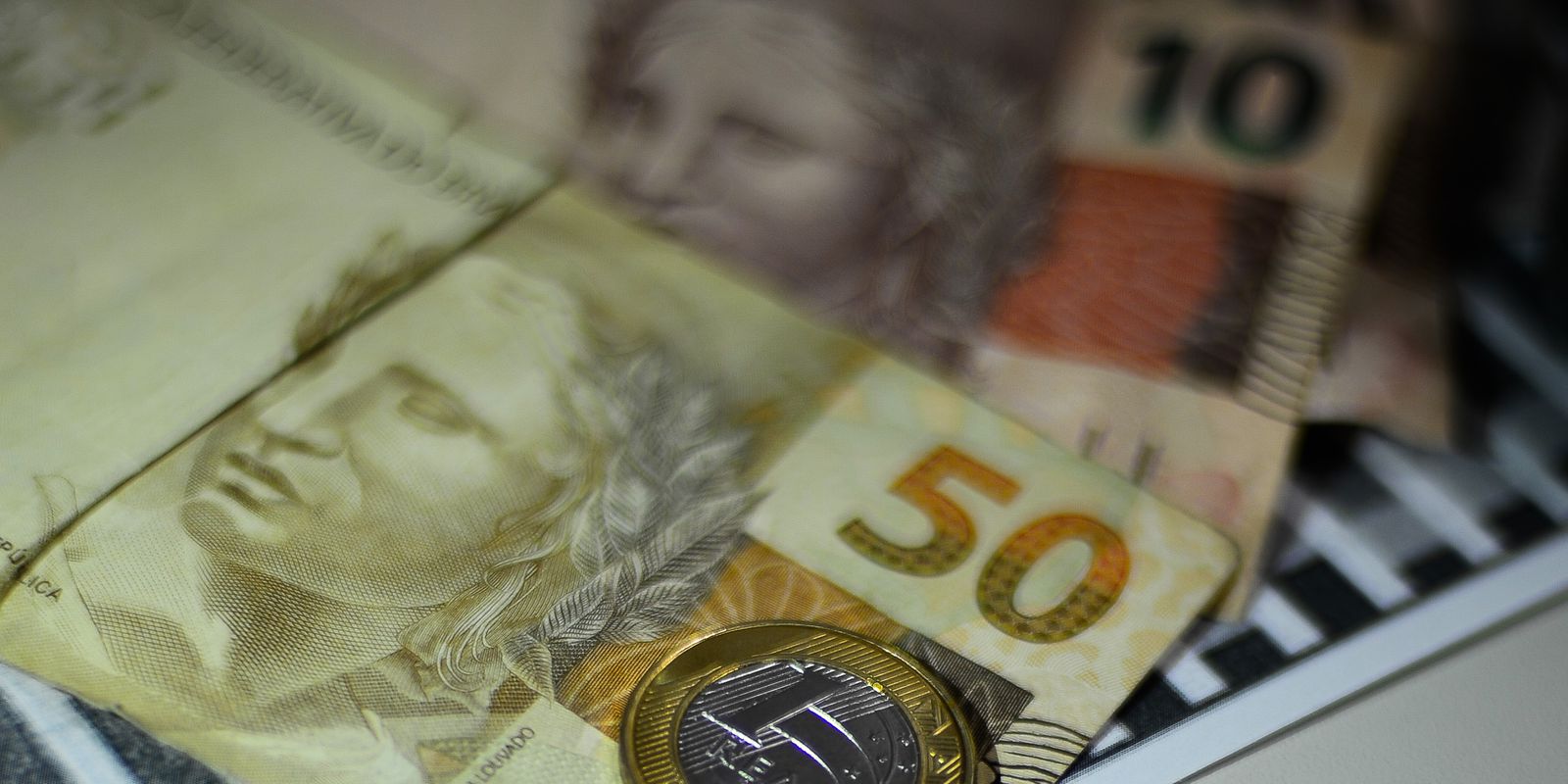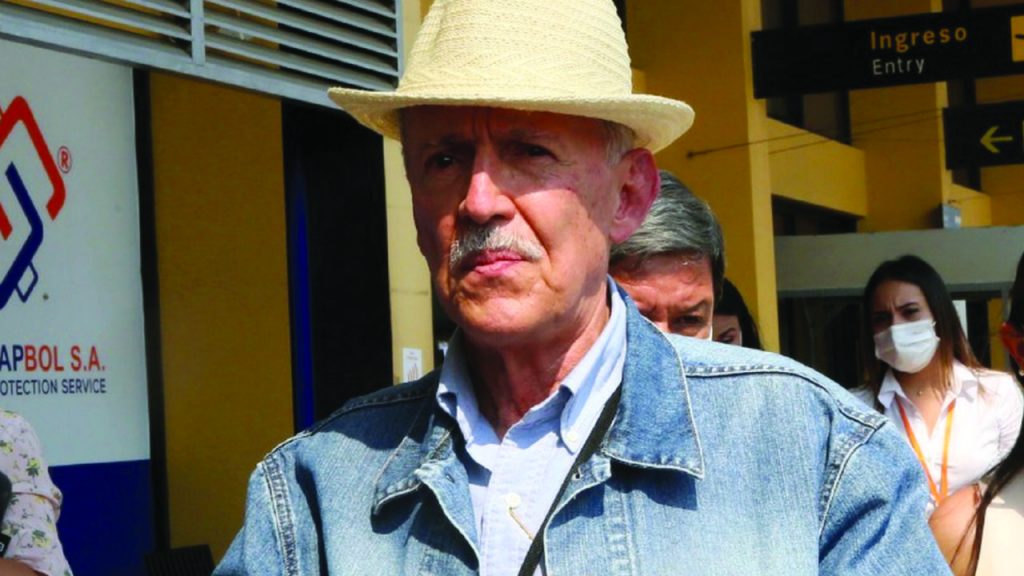The increase in collections and the decrease in expenses related to the covid-19 pandemic made the Central Government (National Treasury, Social Security and Central Bank) register the first primary surplus for September in nine years. Last month, the result was positive at R$ 303 million.
The last time the Central Government registered a surplus in September was in 2012. At the time, the federal accounts had a positive result of R$ 1.07 billion. In September last year, when disbursements to fight the pandemic were at their peak, the primary deficit reached R$ 76.144 billion, a record negative result for the month.
September’s result came much better than expected. According to the Prisma Fiscal survey, released every month by the Ministry of Economy, financial institutions projected a negative primary balance of R$ 17.9 billion for September.
The primary deficit represents the negative result in the government’s accounts without considering the interest on the public debt. With the performance of September, the Central Government accumulates a primary debt balance of R$ 82.486 billion in the first nine months of 2021. This was the fifth largest negative balance for the period, losing only to last year and to the period from January to September 2017, 2016 and 2018, respectively.
Goal
For this year, the Budget Guidelines Law (LDO) establishes a deficit target of BRL 247.1 billion for the Central Government, but the bill approved at the end of April allows for the reduction of the target of up to BRL 40 billion from spending.
The expenses that can be deducted from the target are related to the fight against the covid-19 pandemic. Of the BRL 40 billion authorized by Congress, BRL 20 billion are destined to health, BRL 10 billion to the workload reduction and contract suspension program and BRL 10 billion to Pronampe, a program that provides emergency credit to micro and small companies.
Income and expenses
One of the main factors that contributed to the reduction of the primary deficit in September was the increase in government revenue, which set record for the month. The Central Government’s net revenue rose 9.3% in September, above official inflation by the Extended National Consumer Price Index (IPCA), compared to the same month last year. In the month, the revenue totals R$ 128.146 billion.
A large part of this increase is due to the drop in revenue caused by the postponement of various payments, such as the payment of contributions to Social Security by Simples Nacional companies. Earlier this year, the government had postponed payment due to the second wave of the pandemic, but unpaid installments are being collected in the second half.
The record collection in September, influenced by the economic recovery, improved administered revenues (taxes) by R$ 17.4 billion. The increase in the payment of Corporate Income Tax (IRPJ) and Social Contribution on Net Income (CSLL) by large companies and the restoration of Financial Operations Tax (IOF) rates for credit also contributed to the government’s cash flow, that was zeroed last year.
Total expenses dropped 36.4% in the same comparison, also discounting inflation by the IPCA. In September, they totaled R$ 128.146 billion. In 2021, total expenses amounted to R$1.2 trillion, with a 25.8% decrease by the same criteria in relation to the first nine months of 2020.
Regarding the spending ceiling, this year the government spent 72.8% of the R$1.486 trillion limit, in an account that excludes around R$30 billion in out-of-the-ceiling expenditures.
The drop in total expenses is mainly related to the reduction in expenses with fighting the pandemic. In September, the volume of extraordinary credits fell by R$40.9 billion compared to the same month in 2020. Payments of R$21.3 billion in federal aid to states and municipalities and R$5 were not repeated either. 5 billion from the Emergency Jobs Support Program (Pese), which provided credit for companies affected by the pandemic not to fire workers.
Regarding investments (public works and purchase of equipment), the federal government invested R$4.084 billion in September, down 81.4% compared to the same month in 2020, discounting inflation by the IPCA. In 2021, investments totaled R$ 32.484 billion, a drop of 59.1% compared to the period from January to September last year, also discounting the IPCA. The delay in approving the 2021 Budget, sanctioned only at the end of April, partially explains the decline in investments in the year.














